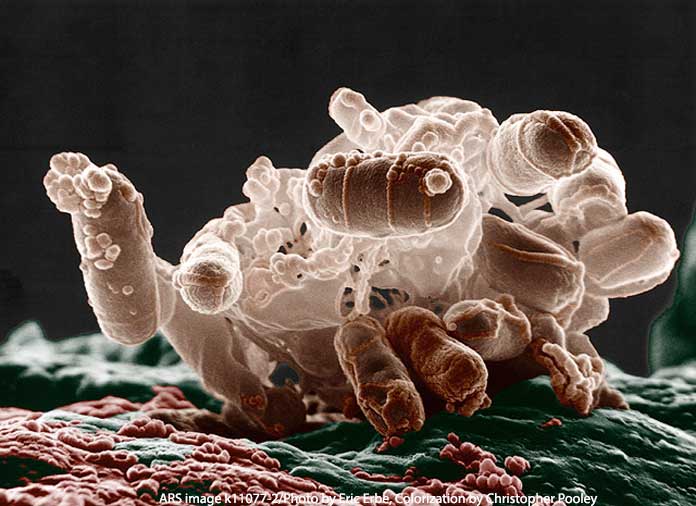Our E. coli lawyers are investigating an E. coli outbreak at Marine Corps Recruit Depot (MCRD) San Diego and Camp Pendleton. As of the November 3, 2017 MCRD press release, about 69 recruits are symptomatic for E. coli poisoning. Those sickened are at MCRD San Diego and the command’s field training facilities at Edson Range at Camp Pendleton in California. Nine of these recruits have hemolytic uremic syndrome (HUS), a severe kidney disease that can be fatal.
UPDATE #3 – E. COLI EXPOSURE AT MCRD SAN DIEGO
https://t.co/fKqQZrc6mu— MCRD San Diego (@MCRD_SD) November 3, 2017
Seventeen recruits have been hospitalized off the base because their illnesses were so severe. The rest of the patients are being cared for on the base. Some of the recruits have been sickened with Shiga toxin-producing E. coli (STEC), which can cause kidney damage. Marine officials have not named the strain of E. coli that has sickened these recruits.
Adults sickened with STEC infections usually do not develop hemolytic uremic syndrome (HUS), a type of kidney failure, but they can develop thrombotic thrombocytopenic purpura (TTP). This serious complication can cause strokes, kidney failure, seizures, heart failure, pancreatitis, and an enlarged liver.
The number of cases spiked on Monday, October 30, 2017. The source of the E. coli outbreak is under investigation. Marine officials have not mentioned if they are focusing on contaminated food, water, or another source for the infections. Given that two locations are involved in the outbreak, food is the most likely source of illness. Ground beef, lettuce salad, and raw sprouts are three products that have caused past outbreaks. Raw (unpasteurized) milk and cheese have also caused past outbreaks, but it seems unlikely that these products would be served in a cafeteria at MCRD.

MCRD health officials have sent “samples and specimens” for testing to the US Army Public Health Command located in San Antonia, TX, where the Army’s Food Analysis and Diagnostic Lab will work to determine if E. coli bacteria is in any of the food samples or in patient stool specimens. If E. coli is found, additional testing will be done to determine the bacterial strain and the DNA fingerprint of cells of E. coli found. This will help determine the source of the illnesses.
Brig. Gen. William Jurney, commanding general MCRD San Diego and the Western Recruiting Region said in a statement, “Our immediate focus is identifying, isolating and treating recruits who present symptoms. We are working to identify the cause of the sickness, making sure our affected recruits can return to training as soon as possible and continuing training for recruits not influenced.”
The command has taken some preventative measures to help stop this outbreak. They are separating ill recruits from those who are not sick and are focusing on hygiene requirements, especially proper handwashing. The bases are being cleaned, and the Navy Medical Center San Diego’s Preventative Medicine Unit is increasing inspections of barracks, chow halls, and common areas. Officials are also issuing guidance to help identify possible cases so treatment is given as soon as possible.
The symptoms of an E. coli infection include severe and painful abdominal cramps, diarrhea that is often bloody or watery, and a mild fever. People usually get sick a few days after exposure to the pathogenic bacteria, although symptoms can begin within one day or up to a week later.
If you or a loved one has been sickened in the MCRD E. coli outbreak in San Diego, contact our experienced food poisoning lawyers. Call 1-888-377-8900 for a free, no-obligation, and confidential consultation, or use our free consultation form.